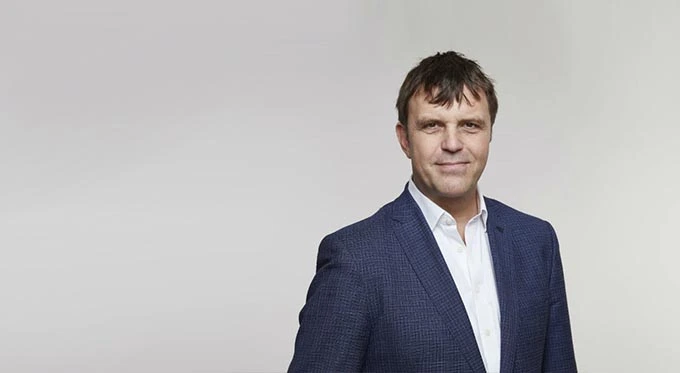
Nigel Topping has been a prominent advocate for climate action and spoken at numerous international events and conferences on the topic. He has been repeatedly recognised for his leadership in sustainability, including being officially listed among the Best Net Zero Keynote Speakers in the World.
In this Q&A, he discusses the role of politics in climate change and the rising popularity of circular economies.

How important is ESG in the fight against sustainability?
Well… I think it is a little bit like yesterday’s acronym for a series of reasons.
The reason why I say it’s yesterday’s acronym is that it gives the impression that environmental, social and governance issues are separate from mainstream issues of how businesses are performing.
If you think that you can worry about the business’s success Monday to Friday and then Friday evening, worry about ESG, then you’re missing the point. If you’re running a car company, for example, how fast you electrify is not an ESG issue. It’s a business strategy.
So, I think ESG is a placeholder for a set of issues which financial markets haven’t been taking seriously and mainstreaming, but now they’re being mainstreamed.
What role does politics play in tackling climate change?
Well, I mean, politics is huge because ultimately, politicians set the rules of the game. Although the private sector can innovate, the overall pace of change will be dictated by policymakers – so, their role is huge.
What they can do is a couple of things. One, bring constituencies with them, so bring voters and businesses with them, because policy will not grow faster than markets and voters. Keep making the case that this is in our long-term interests, that it will create jobs and improve health.
Then, set clear long-term policies so it’s very clear what we’re going to do over 10, 15, 20 years. It makes it much easier for us all to manage the adaptation and innovation over time with very clear short-term policies.
But with the end dates, like when we burn the last lump of coal in the UK or sell the last internal combustion engine, it is very helpful to set those end dates because then people can organise their lives around them.
Could you tell us about circular economies?
A ’circular economy’ is not just about making stuff, using it, and then throwing it away, but using it in a continual loop of value.
Recreation is absolutely essential for our zero-carbon future, which we know we’ve got to get to, particularly in the parts of the economy regarding plastics, cement, steel. Every tonne of plastic, cement, steel, and aluminium that we produce today needs to go back into the economy, not just be thrown away as scrap.
In fact, in those sectors, secularising material flow represents about 40% to 50% of how we get to zero carbon.
So, it’s really crucial… and the sooner the better.
[Read more: In conversation with: Kharkiv Mayor Igor Terekhov]






